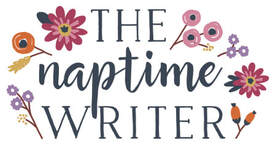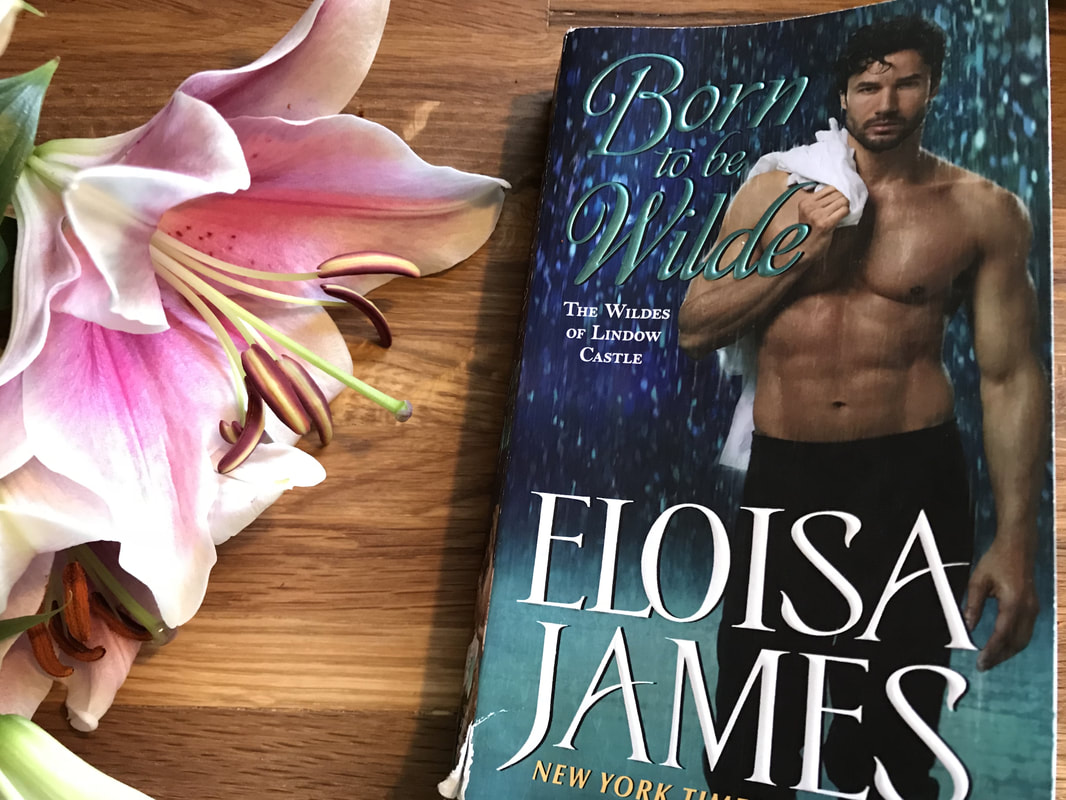|
Do not pick up an Eloisa James book expecting to find a meek, retiring miss inside. Or at least, don’t expect her to stay meek and retiring long.
Eloisa James’ books are about romance, every delicious second of it, but they’re also about women who become confident in themselves and who they are—if they aren’t from the book’s outset. These women are privileged—they’re white, of the upper-class (even if they weren’t exactly born with a silver spoon in their mouths or if they were but said silver spoon was ripped out due to a father's/brother's mismanagement of funds)—and presumably have the appearance if not the actual reality of being faithful Christians—but they’re also oppressed in some ways, living as they do in what is undoubtedly a man’s world. They’re regularly left poverty-stricken by men or given in marriage without their permission or told when and where they can travel and how they can or cannot dress, etc. But what I love about my favorite James’ women is that they seize control—they are creative and resourceful and see a way out of their constraints that’s in the end fulfilling to them as characters and also perfectly satisfying in a HEA way. That’s what we get with Lavinia Gray in Born to be Wilde, the third, and my favorite thus far, in James’ Wildes of Lindow Castle series. Lavinia has learned that her exacting mother has been stealing from various young women in their lives in order to fund a laudanum habit. Not only does Lavinia no longer have a dowry; she has to face the consequences of her mother’s actions, not only on the two of them, but also on the women who have been stolen from. As a result, at the beginning of the novel Lavinia finds herself doing something unexpected: proposing to Parth Starling, the richest man in England and the man she has teased unmercifully in a (successful) bid to draw a response from him. Parth says no. He suspects that Lavinia has proposed due to monetary concerns (even if he isn’t aware of the crimes her mother has committed) but that’s not what bothers him, precisely. He has a different woman in mind, an Italian countess, and he’s always looked on Lavinia as someone who is extremely beautiful, but also maddeningly flip and frivolous. But he does offer to help Lavinia find a suitable husband who will keep her in bonnets and all the fripperies to which she is accustomed (I’m taking on Parth’s voice here). The will-they-or-won’t-they is of course the most important of their romance story, but tied up in that is the question of whether Parth can respect a woman like Lavinia. He’s a serious businessman and he cannot seem to understand her interest in fashion. (It might seem silly when I describe it like that, but I think that’s part of the book’s point: how we characterize certain interests as “serious” and others as “frivolous” or “superfluous,” and how those characterizations might--and often do--fall along gendered lines.) The key conflict between them is about respect, and James writes Lavinia’s transformation in how she views herself particularly well. This book is about acceptance and love on multiple levels, and as always, James writes those levels beautifully. She’s a master at writing ensembles: her characters live and move through worlds that are lovingly and thoughtfully rendered (James is also an English Lit. professor!), and among loved ones whose love stories we’ve read before and treasured. James' writing, is like her characters themselves, sophisticated. But for all that sophistication, James also writes with heart, and her HEA are always swoon-worthy, particularly in the case of Born to be Wilde. *Other reviewers have called attention to James’ portrayal of Parth, who is half Indian. I obviously don’t deal with that there, but diversity in romance novels—one of the most popular, if not the most popular, genre in contemporary American fiction—is so important. James doesn’t have a lot to say about Parth’s ethnicity except how he ended up with the Wildes, and as other reviewers have noted, occasional references to his physical appearance (which seems to be pretty, pretty good). While I agree that more could have been done on that front—maybe the potential judgment of others could have given Parth and Lavinia some additional common ground—I also felt that the big story here is in Lavinia’s transformation. I’d love to read more about diversity in romance novels as written by WOC and white writers and think that James’ portrayal of Parth is definitely worthy of further study!
0 Comments
Leave a Reply. |
About me.Give me that HEA, please.
Join my mailing list.Want to receive a weekly email with links to my latest blog posts? Sign up below!
Archives
April 2024
Categories
All
|


 RSS Feed
RSS Feed
